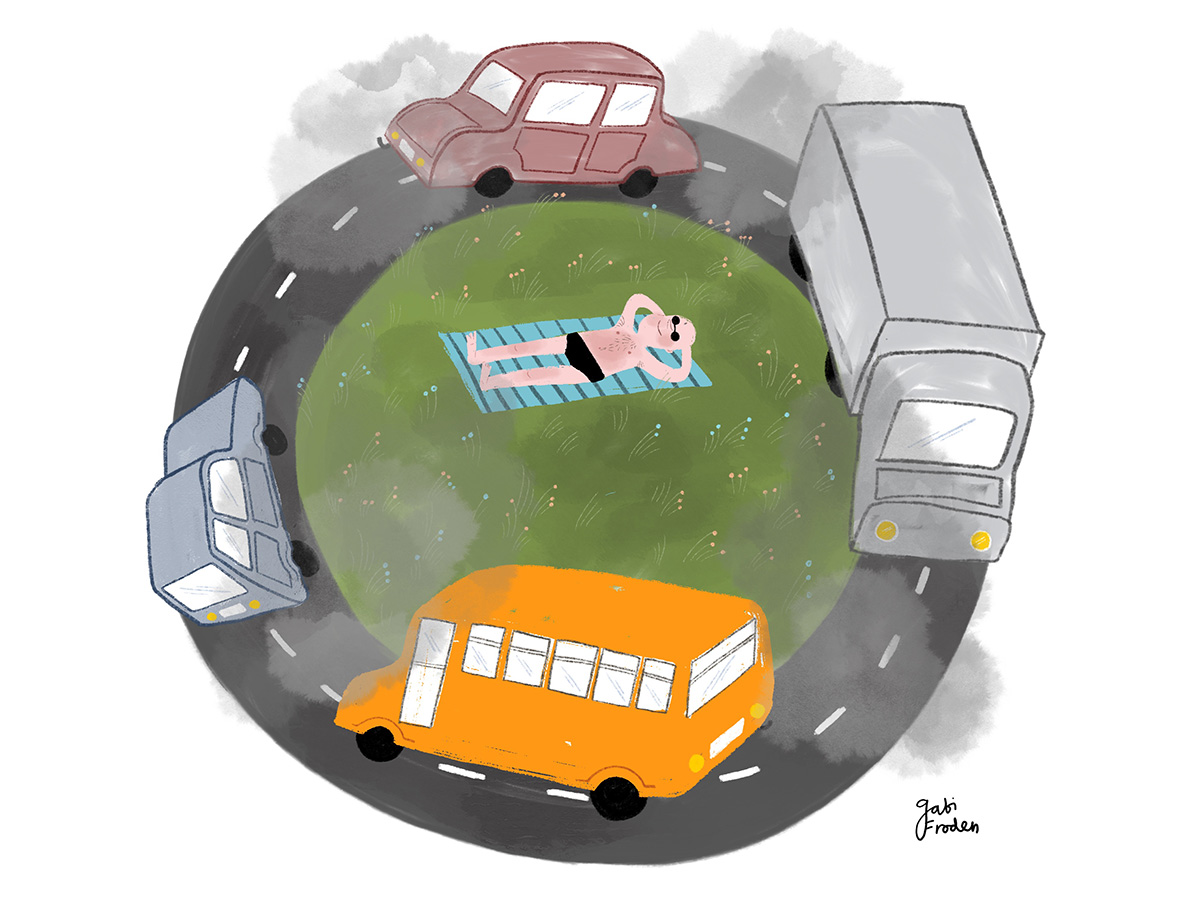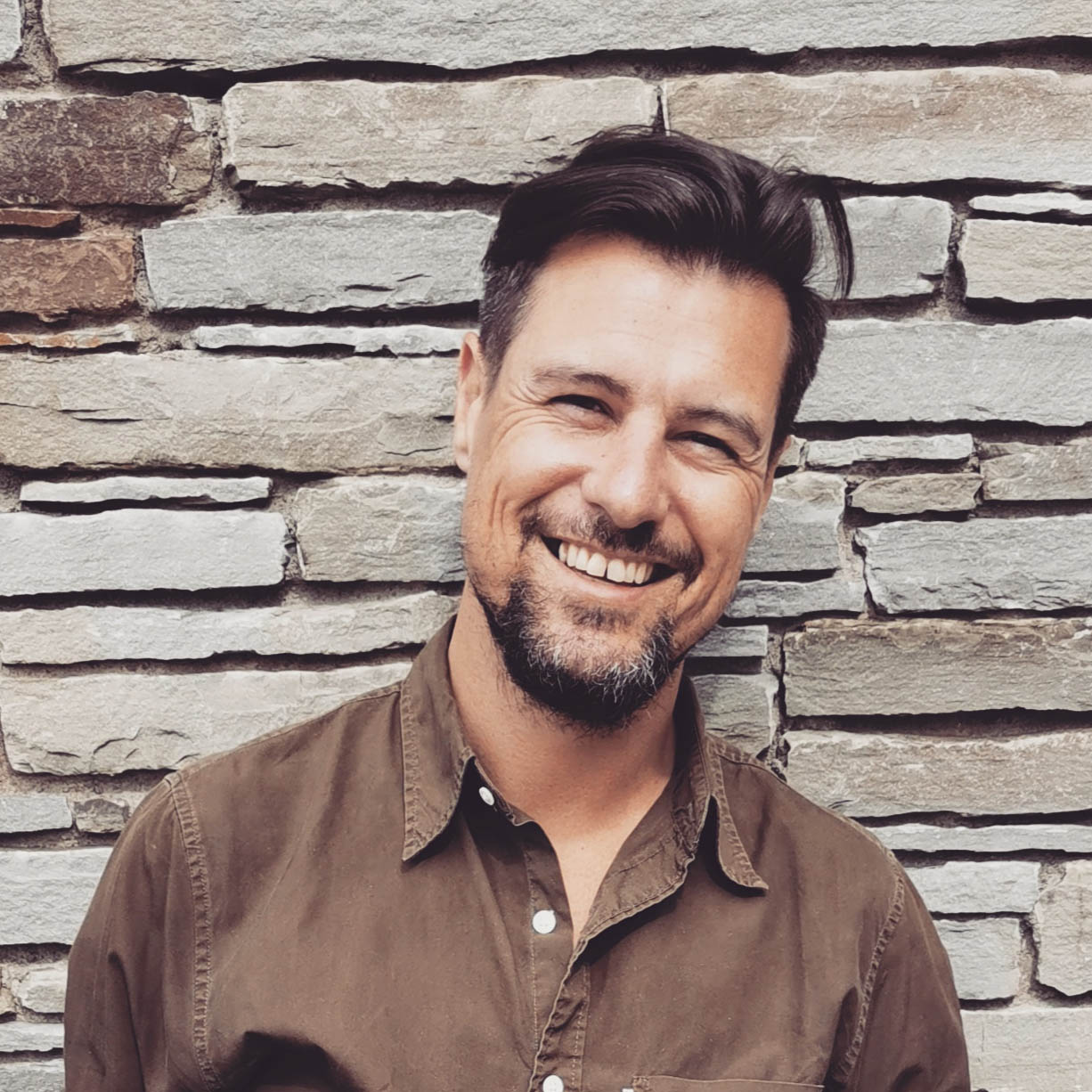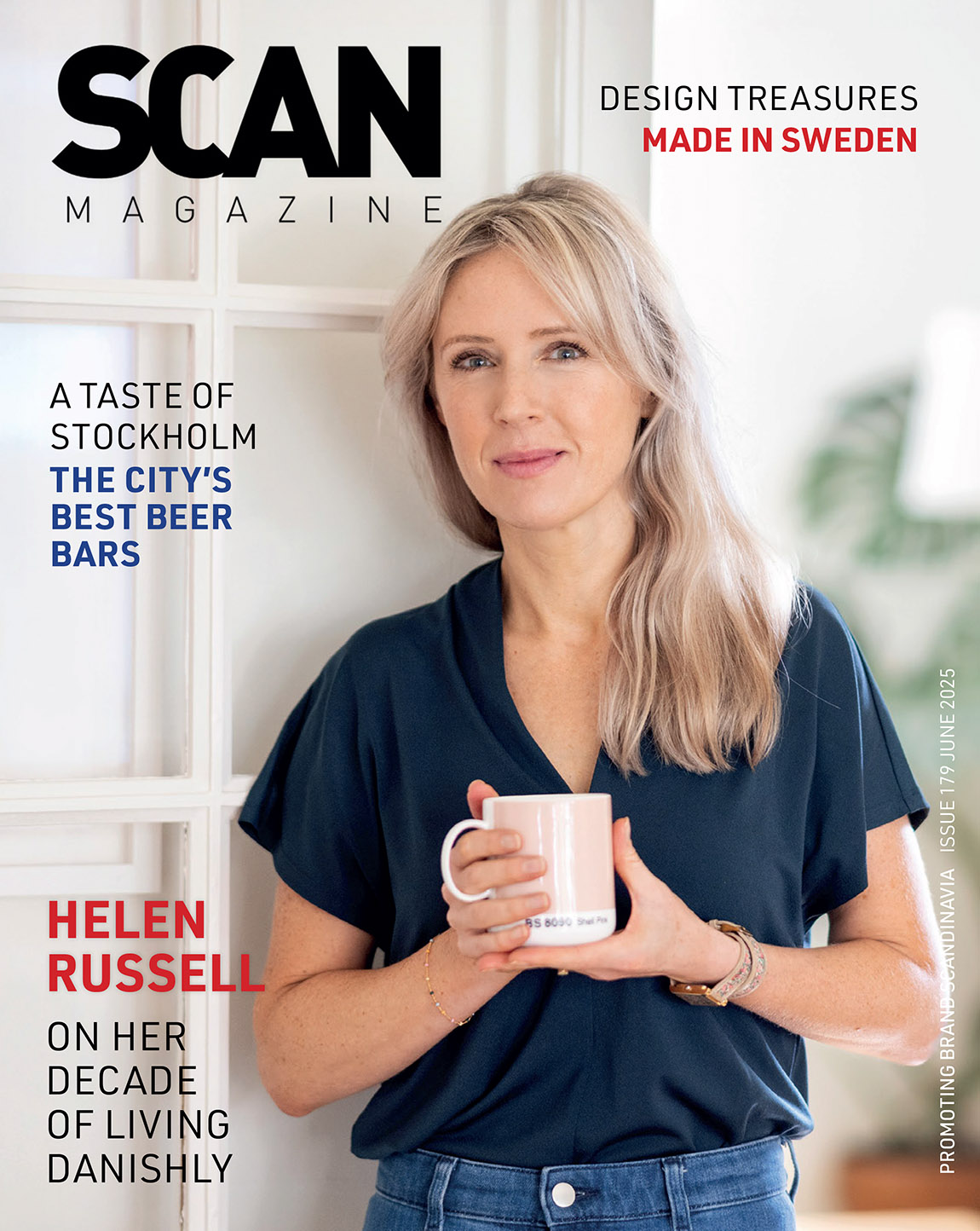Behind the scenes: The health of the Nordic film industry
By Anders Lorenzen
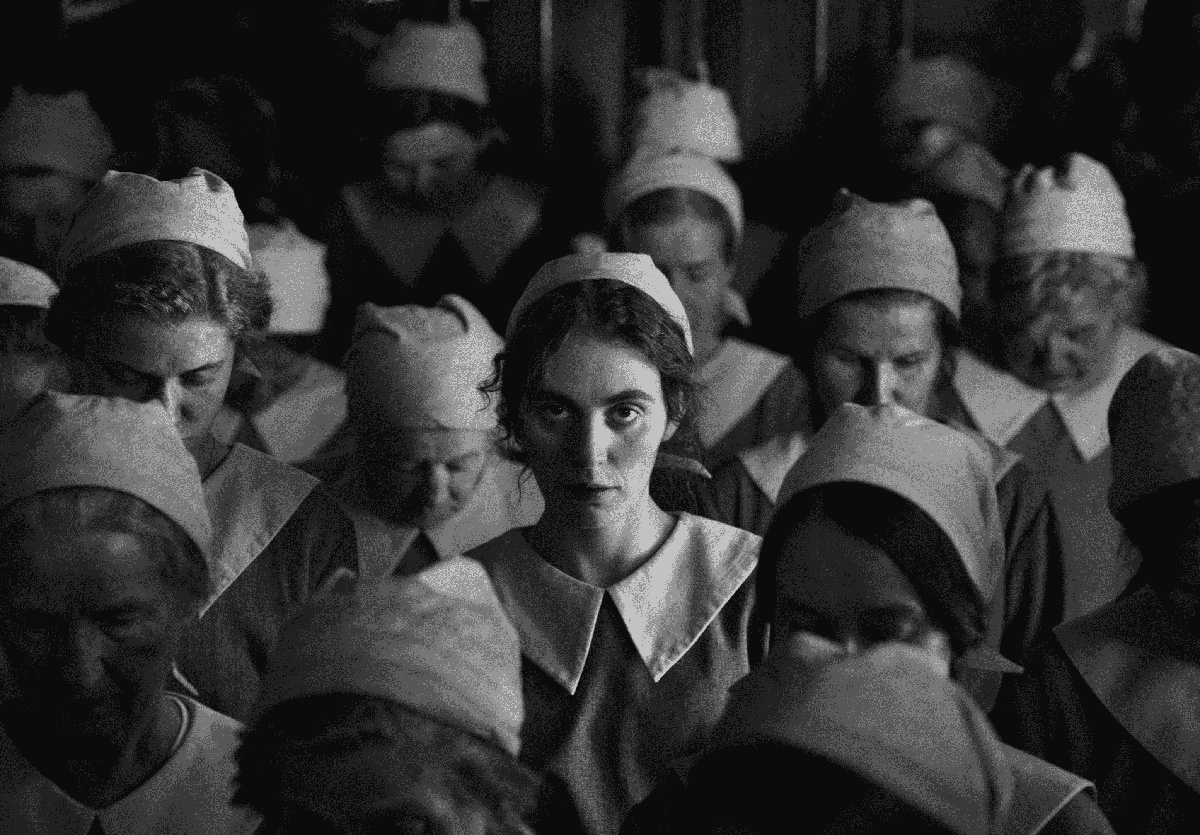
The Girl with the Needle, represented the Nordic region at the 2025 Academy Awards being nominated for an Oscar. Photo: Lava Films
In this month’s column, we turn our attention to a topic that may be less glamorous than usual but remains vital to the strength of the Nordic film industry: its overall health.
Across the globe, the screen sector faces mounting pressure from economic slowdowns, the lingering effects of COVID-19, shifting viewing habits, and rapid technological change – most notably the rise of artificial intelligence. The Nordic region is no exception. While each country has its own story, a common theme emerges: instability and uncertainty, especially for those working behind the scenes.
In Denmark, the film sector has seen a recent dip in revenues, despite overall employment remaining steady. A key concern is talent retention, as experienced professionals are increasingly drawn to more attractive opportunities abroad.
Sweden is undergoing a period of recalibration. After years of growth, production volumes are falling, in part due to the exit of key commissioners like Viaplay and a slower greenlighting process. Freelancers dominate the workforce, but a lack of national data makes it hard to assess the full picture. Efforts are now underway to build a workforce registry to better support industry professionals.
Norway is also feeling the pressure. Freelance work is the norm, and only a third of jobs are full-time. A recent downturn in production led to sharp drops in job availability and active professionals in 2023, with nearly a quarter now holding secondary jobs outside the industry. There’s also growing concern over shortages in specific skilled roles, highlighting the need for training and long-term workforce planning.
In Finland, although current data is limited, informal reports suggest that professionals are finding it increasingly difficult to secure consistent work. Redundancy negotiations at production companies have been ongoing for over a year, and the industry is grappling with how to adjust after a recent creative boom.
Iceland, in contrast, has seen growth in both employment and production over the past few years. However, the future is not without concern. While turnover remains strong, public funding is set to decrease significantly, which may impact momentum moving forward.
Together, these snapshots reveal a Nordic industry at a crossroads – resilient but in need of strategic support to ensure long-term sustainability in a rapidly evolving landscape.
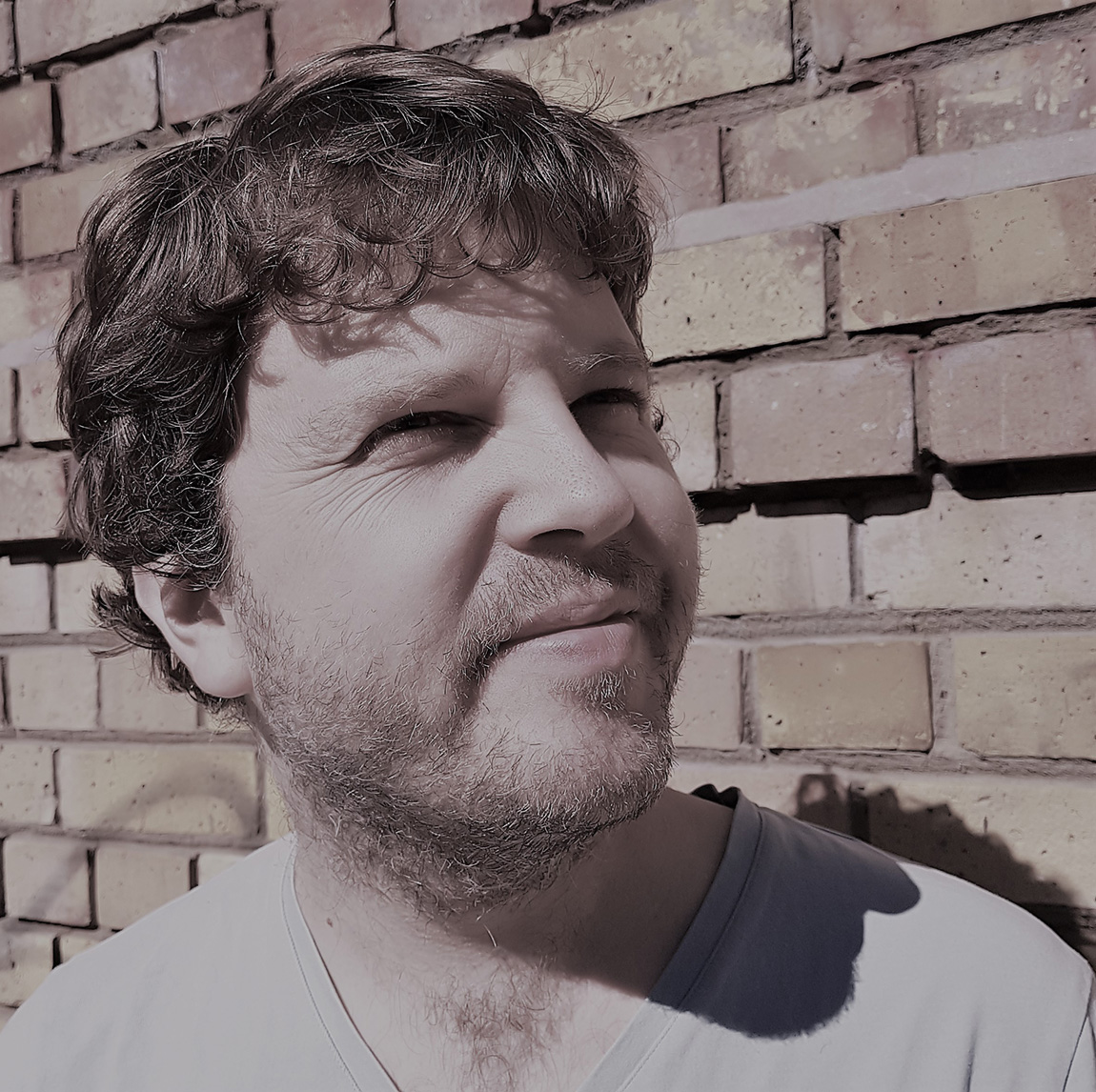
Anders Lorenzen is a Danish blogger and film and TV enthusiast living in London.
Subscribe to Our Newsletter
Receive our monthly newsletter by email



